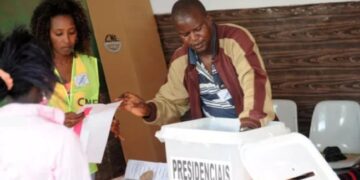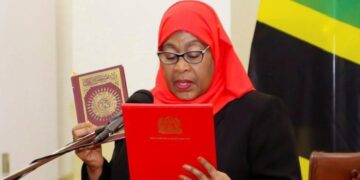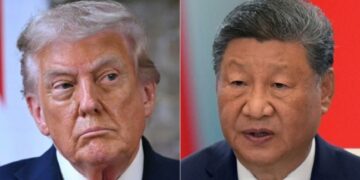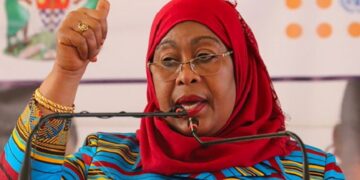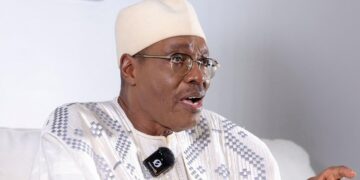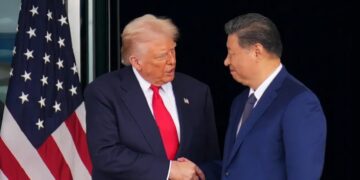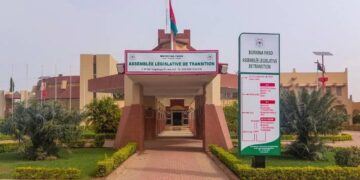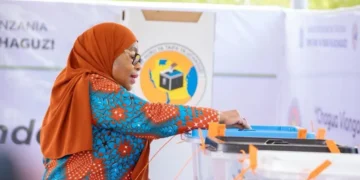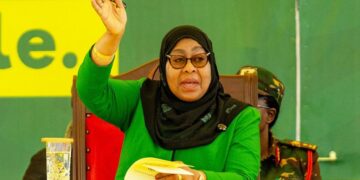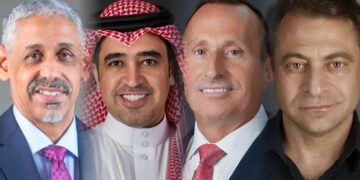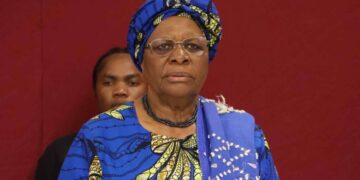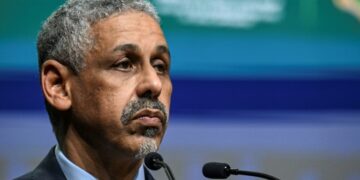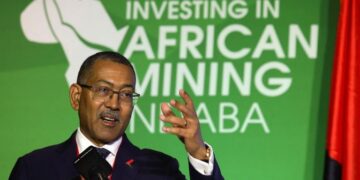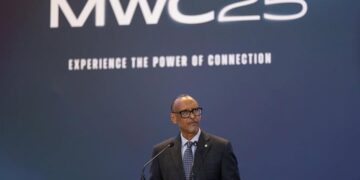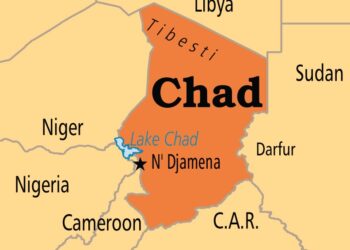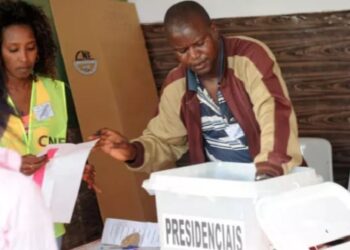By Emmanuel Nduka
Nigeria now accounts for 15% of the world’s poorest population, according to the World Bank’s April 2025 Africa’s Pulse report. The country also represents 19% of those living in extreme poverty in sub-Saharan Africa — the highest share in the region.
The report ass that sub-Saharan Africa remains the global hub of extreme poverty, with 80% of the world’s 695 million extremely poor people residing in the region. Over 106 million Nigerians live on less than $2.15 a day, underscoring the scale of poverty in Africa’s largest economy.
Other heavily impacted countries include the Democratic Republic of Congo (14%), Ethiopia (9%), and Sudan (6%). These four nations together account for half of the region’s poorest people.
Despite some forecasted improvements, the number of extremely poor people in Africa is expected to rise by 90 million between 2022 and 2027, reaching nearly 589 million by 2027.
Nigeria’s poverty crisis is deepened by high inflation, unemployment, currency devaluation, and insecurity. PwC estimates that an additional 13 million Nigerians will fall into poverty in 2025.
Many Nigerians also face multidimensional poverty, lacking access to basic needs like healthcare, clean water, electricity, and education.
In response, the Nigerian government plans to distribute N75,000 cash transfers to 15 million of the poorest Nigerians by the end of 2025. It also plans to relaunch the Renewed Hope National Home-Grown School Feeding Programme on May 29, with a N100 billion budget allocation.
However, experts warn that while these initiatives are necessary, they don’t tackle the root causes of poverty. Lasting solutions will require comprehensive reforms, including economic diversification, better education and healthcare systems, job creation, and stronger governance.
The fact that more than one in every seven of the world’s poorest people lives in Nigeria raises serious concerns about the country’s future.
Without bold, structural reforms, Nigeria risks cementing its status as not just Africa’s most populous country — but also the poverty capital of the world.







